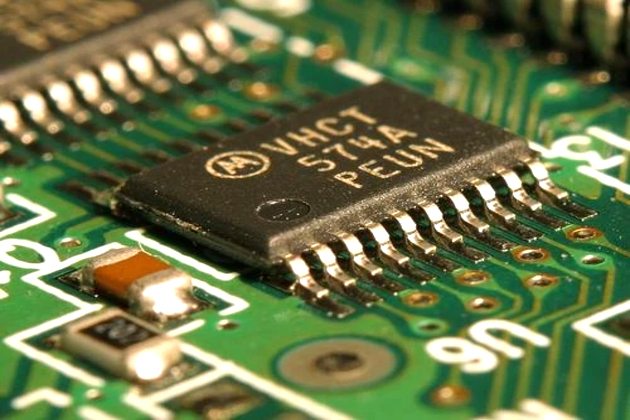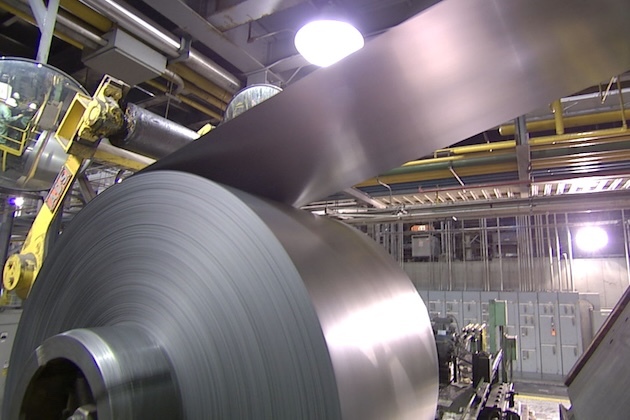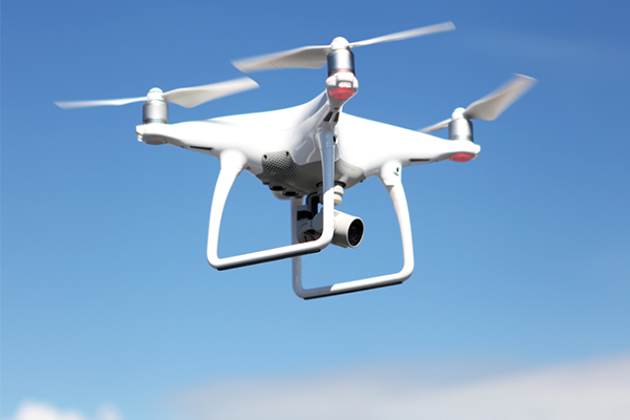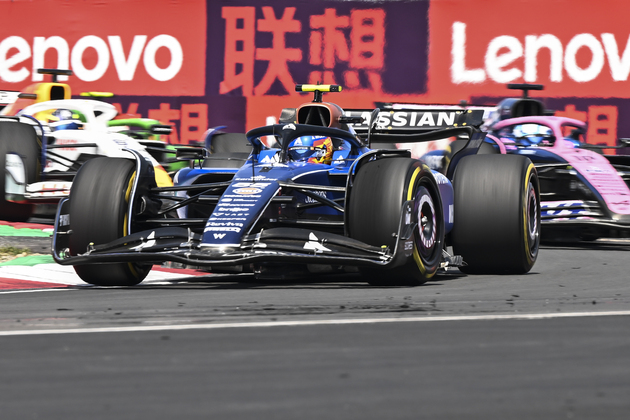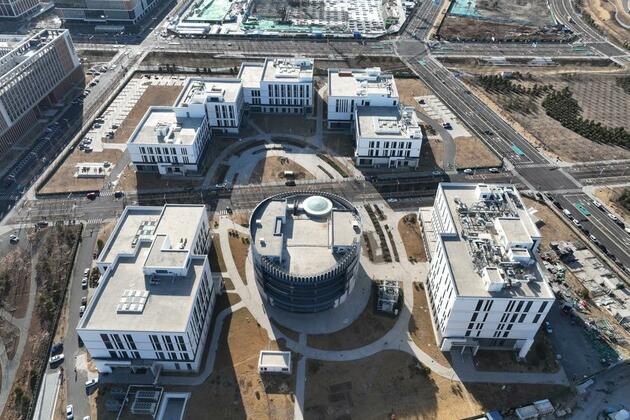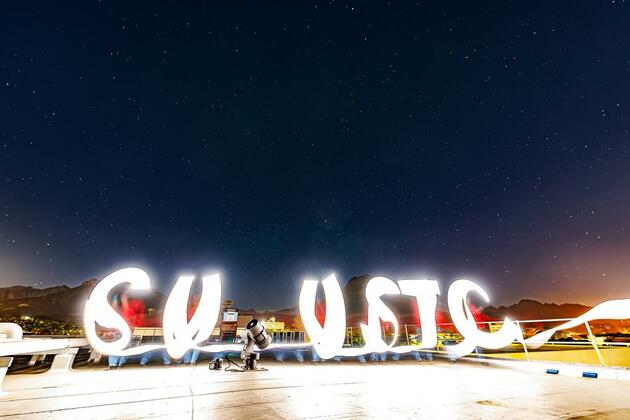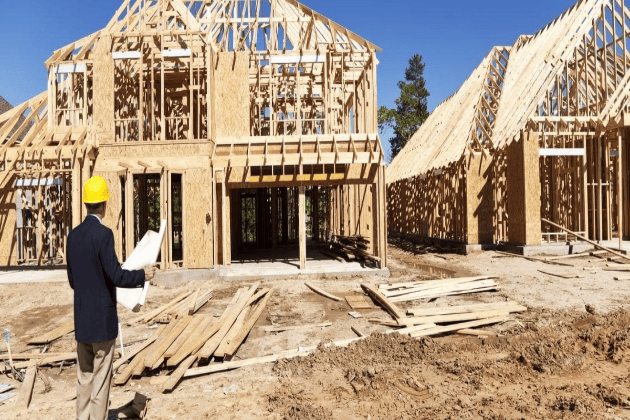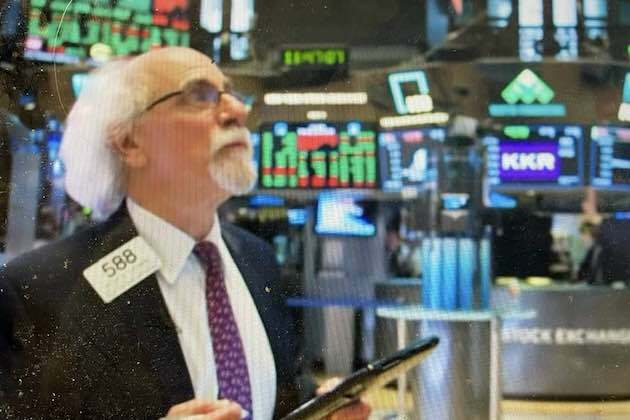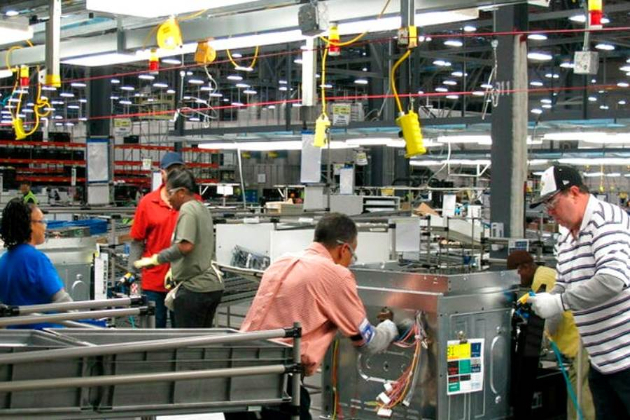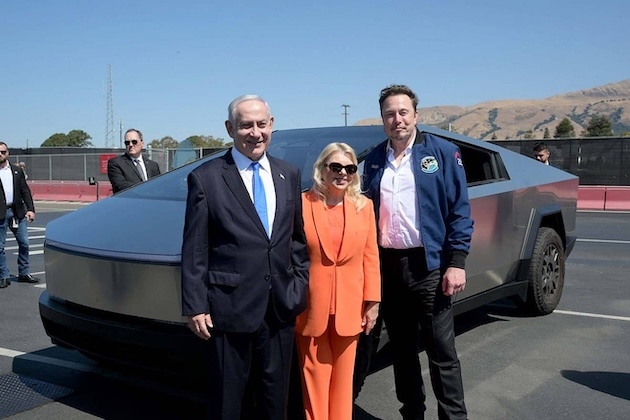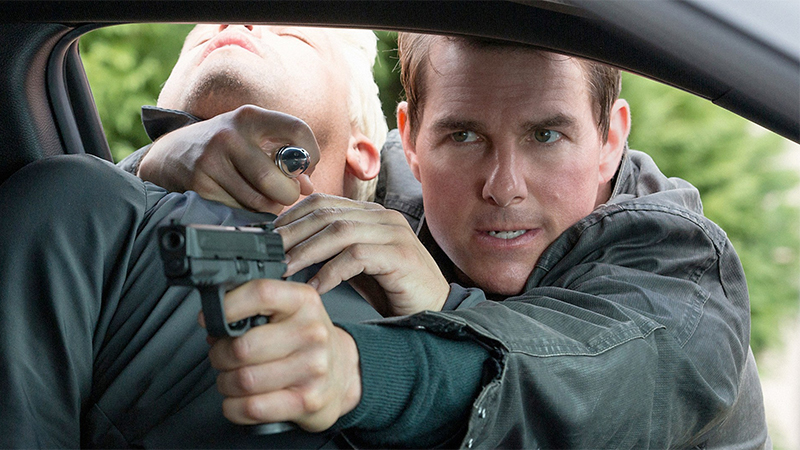Feature: Letters record life, legacy of patriotic atomic scientist
Xinhua
03 Jul 2023, 14:14 GMT+10

by Xinhua writer Yuan Quan
BEIJING, July 3 (Xinhua) -- The legacy of nuclear physicist Qian Sanqiang, who played a pivotal role in the development of China's nuclear program, extends far beyond the atomic bomb that exploded 59 years ago.
A collection of 275 letters from and to the late renowned scientist, arranged in chronological order, was recently released in the form of a book in Beijing, as a tribute to his remarkable 79-year life and indelible contributions to the country.
First author Ge Nengquan, Qian's former secretary, believes these letters can help readers rediscover the great man who was "more than just a scientific celebrity credited with substantial contributions to nuclear research."
From the establishment of the country's highest academic institution in natural sciences to the system for selecting Chinese academicians, "he had left a lasting legacy in various aspects," the 85-year-old writer said during the book launch.
Highlighting the historical and research values of the published letters, Ge cited one example. In the 1940s, after the victory of China's Resistance War against Japanese Aggression, Qian put forward suggestions for the development of atomic energy research for national defense in his correspondence with the presidents of Peking and Tsinghua universities.
It was definitely a daunting task for a war-torn country where even telephones were luxuries, and some people, therefore, labeled Qian as "bookish." But, according to Ge, the letters exemplified Qian's visionary outlook and his patriotism as a scholar.
"I felt very happy when I received the book," said Qian Minxie, daughter of the scientist. "These letters seem to take us back to the days with our father."
Qian was born in 1913 in a scholarly family in Zhejiang Province. His father Qian Xuantong was an influential linguist and one of the pioneers of the New Culture Movement in 1919. Inspired by the thought of contributing to the nation through industry, the young Qian aspired to be an engineer when he was young.
After graduating from Tsinghua, he traveled to France in 1937 to conduct research at the Curie Laboratory of Paris University.
He won the Henry de Parville Award for physics at the French Academy in 1946. Together with his wife He Zehui, who is also a noted scientist, Qian discovered the trio-partition and quarternary fission of uranium in 1946 and 1947, respectively. Owing to his work that contributed to a deeper understanding of nuclear physics, Qian was appointed as a research professor by the French National Centre for Scientific Research, a prestigious honor rarely bestowed upon non-French scholars.
In 1948, giving up all comfort and superior working conditions abroad, Qian returned to China with his wife and their six-month-old daughter. He was determined to help build a new China, which was in the offing.
"I know that the victory of the people is not an easy thing and that in order to achieve a complete victory, everyone should make his own contribution. Many patriotic compatriots have made sacrifices for this cause. If I can spend some part of my life participating in the reconstruction of the country, it will be a 'sacrifice of victory'," Qian wrote in French in 1949 to his tutors Joliot and Irene Joliot-Curie, both Nobel laureates in science.
Chen Jianjun, the chief editor of the World Publishing Corporation, the publisher of the collection of letters, said some documents shed light on the scientist's indomitable spirit in the face of numerous difficulties.
At that time, China's industrial foundation was weak, and scientific research conditions were relatively poor. Qian started from scratch. While organizing the research staff, he displayed a meticulous focus on fundamental aspects such as the development of testing and measuring instruments, building a particle accelerator, extraction of uranium from crude ores, and purification of materials for nuclear fuel.
Xiao Zhigang, a professor at Tsinghua's Department of Physics, was impressed by Qian's intensive efforts to train young scientists and encourage more Western-trained Chinese researchers to return.
"While serving as director of the Institute of Modern Physics under the Chinese Academy of Sciences (CAS) in the 1960s, Qian expanded the talent pool from a few to several thousand in just a few years," said Xiao, noting that this accomplishment is a testament to Qian's enduring legacy as he helped educate the new generation of nuclear scientists.
Qian participated in the design and making of China's first atomic bomb and hydrogen bomb in the 1960s. He organized a group of nuclear scientists to resolve the key technological problems in the research and development of atomic bombs and hydrogen bombs.
Although his role primarily involved administrative duties, providing guidance to the scientists rather than directly engaging in research, Qian is rightfully revered as the "Father of China's Atom Bomb."
Coincidentally, on Qian's 51st birthday, which happened to be October 16, 1964, the Chinese atomic bomb successfully exploded. The huge "mushroom cloud" that emerged from the explosion became his extraordinary birthday gift.
He was appointed vice president of the CAS in 1978 and president of Zhejiang University in 1979.
Qian died of heart disease in 1992. In 1999, seven years after his death, Qian and 22 other scientists were awarded national medals of honor for their contributions to the country's atomic and hydrogen bombs.
In an interview late in his life, when asked if he has any regrets about his decision to give up his favorite lab research for science management, the communist Chinese scientist responded by quoting Karl Marx: "If we have chosen the position in life in which we can most of all work for mankind, no burdens can bow us down, because they are sacrifices for the benefit of all."
"He only considered the interests of the country, not his own," said Guo Chuanjie, an academician from the International Eurasian Academy of Sciences.
 Share
Share
 Tweet
Tweet
 Share
Share
 Flip
Flip
 Email
Email
Watch latest videos
Subscribe and Follow
Get a daily dose of Japan Herald news through our daily email, its complimentary and keeps you fully up to date with world and business news as well.
News RELEASES
Publish news of your business, community or sports group, personnel appointments, major event and more by submitting a news release to Japan Herald.
More InformationAsia Pacific
SectionUS seeks global support to block China’s access to American chips
WASHINGTON, D.C.: Commerce Secretary Howard Lutnick said the Trump administration is asking companies and foreign governments to help...
Trump seeks delay in US Steel-Nippon legal fight, talks ongoing
WASHINGTON, D.C.: The Trump administration is seeking a delay in the legal battle between U.S. Steel and Nippon Steel over their blocked...
FAA to propose new rules for expanding drone deliveries
SEATTLE/WASHINGTON D.C.: U.S. Transportation Secretary Sean Duffy said last week that the Federal Aviation Administration (FAA) is...
(SP)CHINA-SHANGHAI-FORMULA 1-SPRINT(CN)
(250322) -- SHANGHAI, March 22, 2025 (Xinhua) -- Williams' driver Carlos Sainz (front) of Spain drives during the sprint race of the...
InPics: China builds trans-scale biomedical imaging center to boost life sciences research
An aerial drone photo taken on March 19, 2025 shows buildings of the National Multimode Trans-Scale Biomedical Imaging Center in Beijing,...
World Insights: Collaboration is key to building quantum future, say South African scientists
This image transmitted through quantum-secured communication between China and South Africa in a data transmission experiment shows...
Business
SectionAir France unveils luxury first-class suite to lure elite travelers
PARIS, France: Air France is making a bold bet on luxury travel with the launch of an upgraded first-class suite, aiming to attract...
US homebuilding, manufacturing jump in February, but tariff costs loom
WASHINGTON, D.C.: U.S. home construction and manufacturing activity surged in February, but rising costs from tariffs and economic...
U.S. stock markets end marginally higher at week's-end
NEW YORK, New York - Uncertainty continues to plague investors on Wall Street with Friday's trading being volatile and weak. The major...
US factory output rises in February, led by auto rebound
WASHINGTON, D.C.: U.S. factories ramped up production in February, with a sharp rebound in motor vehicle output helping to drive manufacturing...
Israeli government asks Musk to submit tender on vehicle-provisioning
Elon Musk's Teslas' are in the running to take over the transport of Israel's government officials. Musk's company, Tesla Inc., has...
Trump seeks delay in US Steel-Nippon legal fight, talks ongoing
WASHINGTON, D.C.: The Trump administration is seeking a delay in the legal battle between U.S. Steel and Nippon Steel over their blocked...

